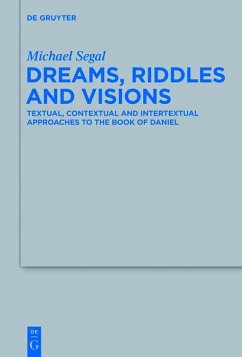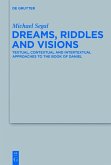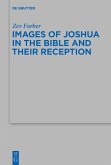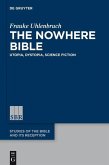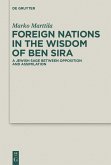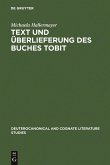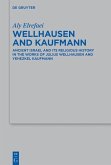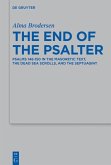The volume contains eight original studies, each of which focuses on a different chapter or central passage in Daniel and offers a new interpretation or reading of the passage in question. The studies span the Danielic tales and apocalypses, offering innovative analyses that often challenge the scholarly consensus regarding the exegesis of this book. The eight chapters relate to Daniel 1, 2, 4, 5, 7, 9, Susanna, and the conception of angelology in Daniel.
The studies are all based on careful textual analysis, including comparison between the Hebrew/Aramaic and Greek versions (especially regarding Daniel 4-6), and, in each case, the larger arguments are built upon solid philological foundations. Many of the insights proposed in this volume are based upon the realization that the authors of Daniel were frequently interpreters of earlier biblical books, and that the identification of these intertextual clues can be the key to unlocking the meaning of these texts. In this sense, Daniel is similar to other contemporaneous works, such as Jubilees and Qumran literature, but the extent of this phenomenon has not been fully appreciated by scholars of the book. This volume therefore contributes to the appreciation of Daniel as both the latest book in the Hebrew Bible, and a significant work in the landscape of Second Temple Judaism.
Dieser Download kann aus rechtlichen Gründen nur mit Rechnungsadresse in A, B, BG, CY, CZ, D, DK, EW, E, FIN, F, GR, HR, H, IRL, I, LT, L, LR, M, NL, PL, P, R, S, SLO, SK ausgeliefert werden.
Marco Settembrini in: Gregorianum, Vol. 99 (2018) Fasc. I, 174-176
"Eine Bibliographie (214-228) sowie Indizes (229-250) beenden die interessante Studie, die für die Forschung weiterführende Aspekte für das Verständnis des Danielbuches herausarbeitet und sicherlich auch für neue wissenschaftliche Diskussionen sorgen wird [...]"
Beate Ego in: Zeitschrift für die alttestamentliche Wissenschaft ZAW 2017; 129(3): 475
"Segal hat in seiner Studie, die durch philologische und literarhistorische Genauigkeit und Innovation besticht, isbesondere methodisch neue Wege der Daniel-Interpretation aufgezeigt." Stefan Beyerle in: Theologische Literaturzeitung 143.5 (2018), 467-472

